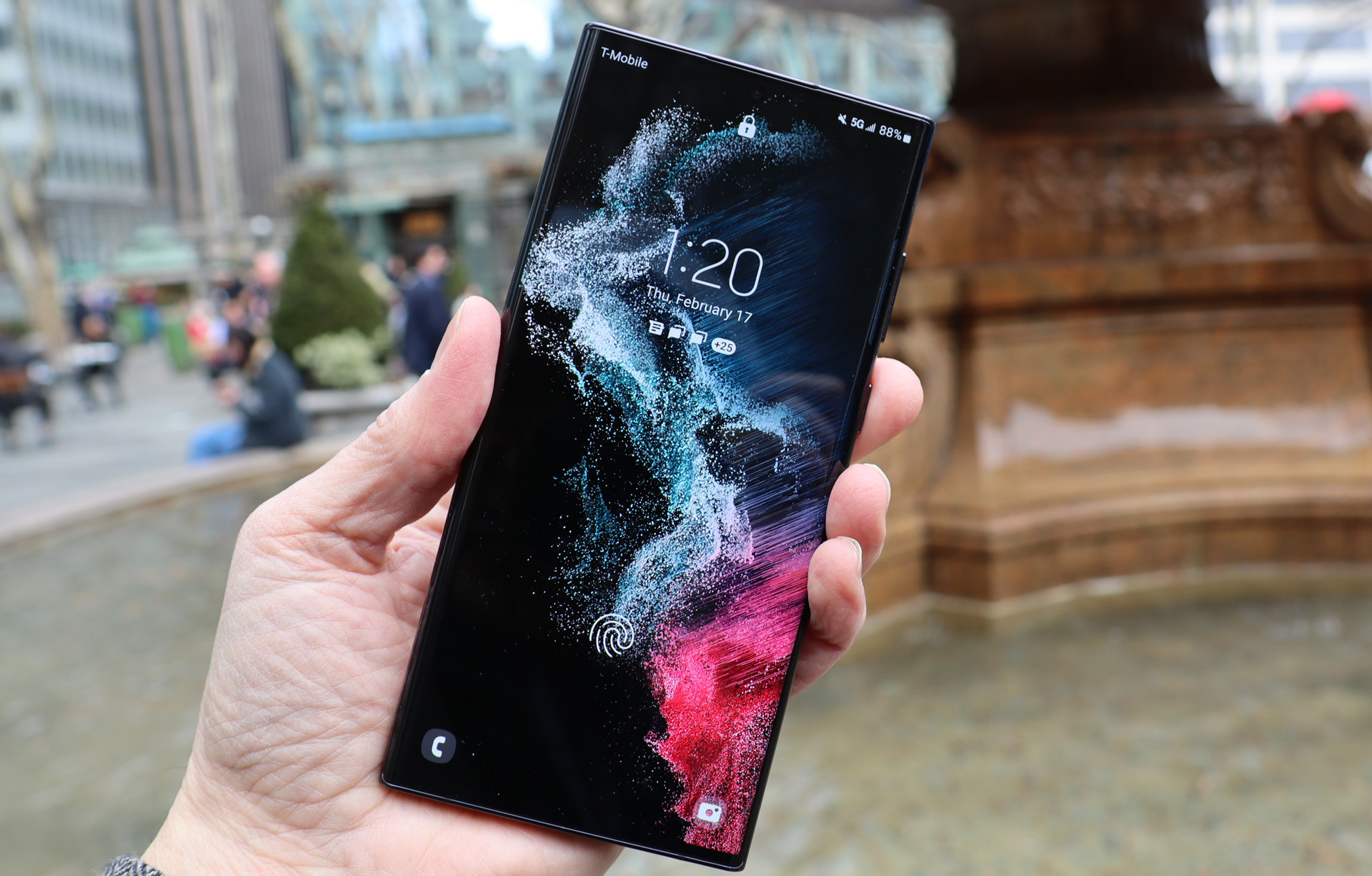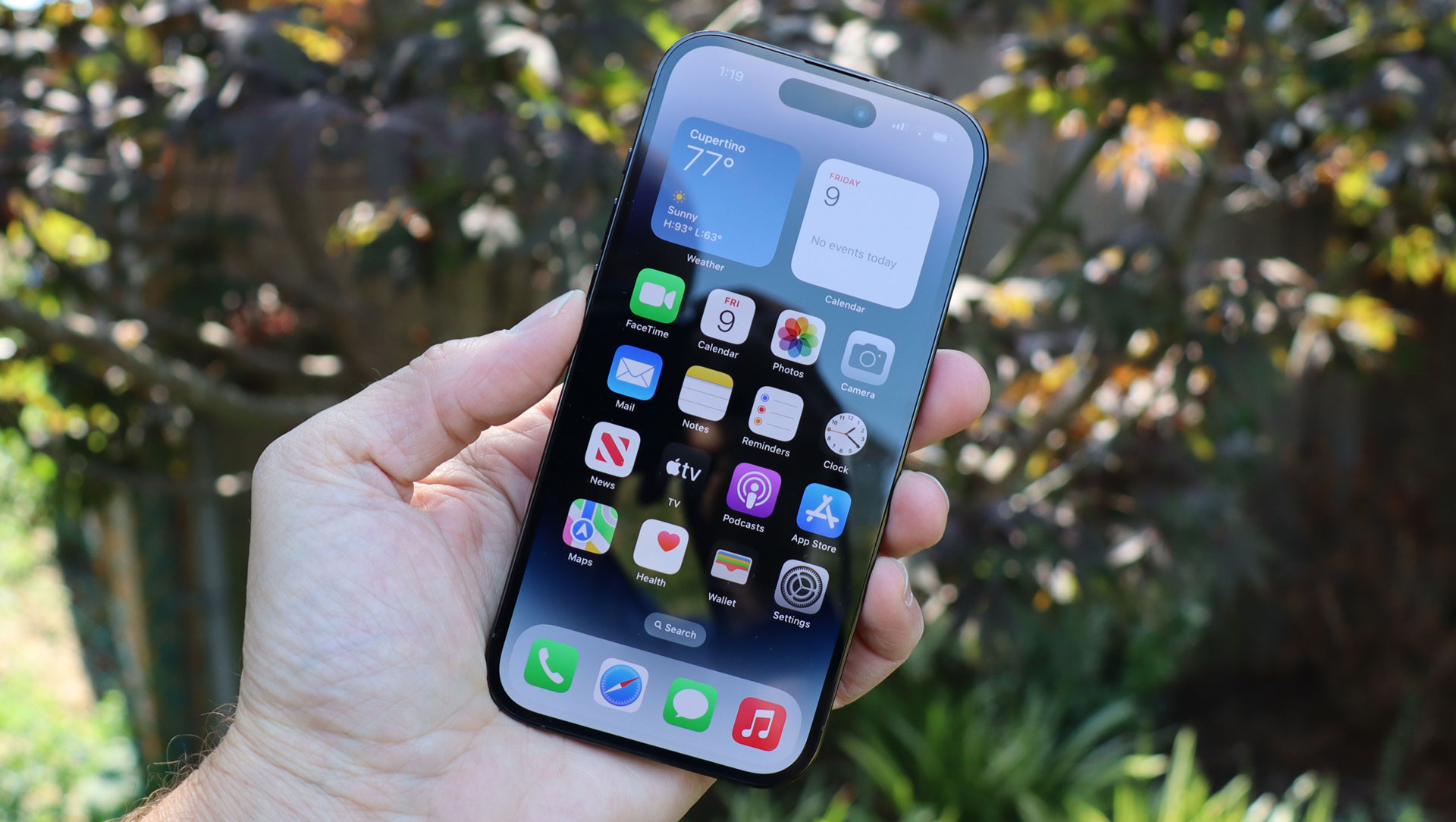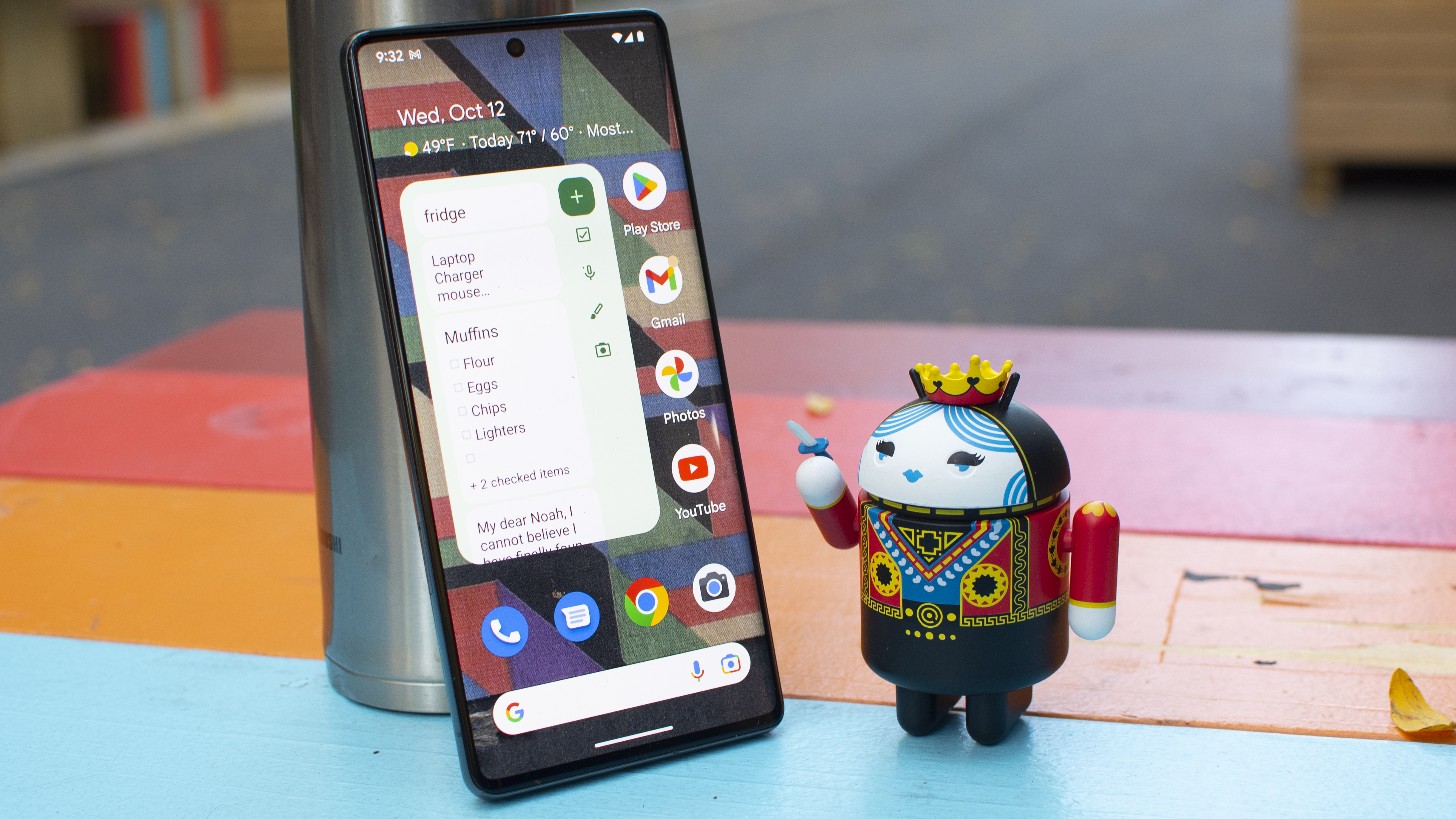Samsung is copying Apple's model to beat the iPhone 17 in 2025
If you can't beat the chips, make the chips

Sign up for breaking news, reviews, opinion, top tech deals, and more.
You are now subscribed
Your newsletter sign-up was successful
We know that the upcoming Galaxy S23 will be powered by next-generation Qualcomm Snapdragon 8 Gen 2 chips, and benchmarks show that Qualcomm is finally closing the gap on Apple’s A16 Bionic. Recent rumors from TheElec suggest that Samsung isn’t waiting for Qualcomm to finally exceed Apple’s performance, and it may be copying the Apple and Google model for designing its own chips in-house.
This seems confusing, because Samsung already makes mobile chipsets with its Exynos platform. The Galaxy S22 used Exynos in certain regions, and plenty of other Samsung devices use Samsung chips under the Exynos brand. In fact, there are other phone manufacturers like Vivo that buy Exynos chips from Samsung.
Why does Samsung sell to competitors? Because the chip division acts as its own company. Samsung Semiconductor is divided by a legal corporate firewall from other divisions, including the Samsung Mobile Experience division that designs and produces smartphones, tablets and wearables.
This time the phone team is bringing the chips
What makes this new rumor interesting is that Samsung Mobile Experience is taking more direct responsibility for the production of the new chips. In the past, Exynos chips were designed in cooperation with the Samsung System LSI group within Samsung Semiconductor. Now, rumors suggest that the same group that designs the phones will design the mobile platform that drives them.
Korean industry news site TheElec says this group will be headed by Choi Won-joon, who came to Samsung from Qualcomm. By moving chip design to the same division as phone design, Samsung is working more like Apple and Google, each of which designs chips for its flagship smartphones.

Apple makes the A16 Bionic chipset for its iPhone 14 Pro and Pro Max. Google makes the Tensor G2 chipset for its Pixel 7 and Pixel 7 Pro. When we say that Apple makes the A16 Bionic, we actually mean that Apple designed its own platform, and a manufacturer produces the chips in a semiconductor foundry.
Get excited for the Galaxy S25 (if it's even called that)
Samsung is in a unique position as the only major phone manufacturer to produce phones and also run a chip-making foundry, but those two sides of the company were completely separate. Samsung may as well have been buying its Exynos chips from Qualcomm.
Sign up for breaking news, reviews, opinion, top tech deals, and more.
Samsung is expected to use Qualcomm’s Snapdragon for now, but the Galaxy S25 (if naming conventions continue) will use a chipset that Samsung has designed specifically for that phone.
That will place Samsung’s new in-house mobile platform in direct competition with an iPhone 16 Pro at launch in February, 2025, and an iPhone 17 Pro later in the year. The former phone could use an Apple A18 chipset, and the latter could introduce an Apple A19, if the branding continues.
Analysis: A Galaxy S25 with Samsung chips will be better
Instead of developing unique features, Samsung may focus entirely on raw power to beat Apple in benchmarking
The development of chip hardware and new smartphones doesn't always happen concurrently. They are not intimately linked under the current Samsung/Qualcomm relationship.
When Google is creating its Pixel 7 phone, it can alter the production of the Tensor G2 chip to boost and enable new features as they are created. Google’s photo unblur, one of our favorite new features on the Pixel 7 family, is exclusive to that device because it is somehow enabled by the Tensor G2 chip. Whatever a phone needs to make photo unblur work, it’s in the Tensor G2 exclusively.

That’s the sort of synergy that we hope Samsung will create. More direct interaction between the chip design team and the phone team, without inter-corporate bureaucracy to roadblock development, will hopefully help the company create a mobile platform with truly unique features.
Sadly, it’s more likely that Samsung is targeting Apple with its development model, and not Google. Apple Bionic chips hold the performance crown for mobile benchmarks. The latest Qualcomm Snapdragon 8 Gen 2 comes very close to beating Apple performance, but Samsung doesn’t stand for close. Samsung wants its Galaxy S to be the most powerful phone you can buy.
Instead of developing unique features, Samsung may focus entirely on raw power to beat Apple in benchmarking. The company was disappointed by the Exynos platform’s failure to beat Apple for years, so the main goal could be the benchmark score win. Hopefully Samsung will remember other priorities, like efficient power management and innovative features, and not build just another big engine.

Starting more than 20 years ago at eTown.com. Philip Berne has written for Engadget, The Verge, PC Mag, Digital Trends, Slashgear, TechRadar, AndroidCentral, and was Editor-in-Chief of the sadly-defunct infoSync. Phil holds an entirely useful M.A. in Cultural Theory from Carnegie Mellon University. He sang in numerous college a cappella groups.
Phil did a stint at Samsung Mobile, leading reviews for the PR team and writing crisis communications until he left in 2017. He worked at an Apple Store near Boston, MA, at the height of iPod popularity. Phil is certified in Google AI Essentials. His passion is the democratizing power of mobile technology. Before AI came along he was totally sure the next big thing would be something we wear on our faces.